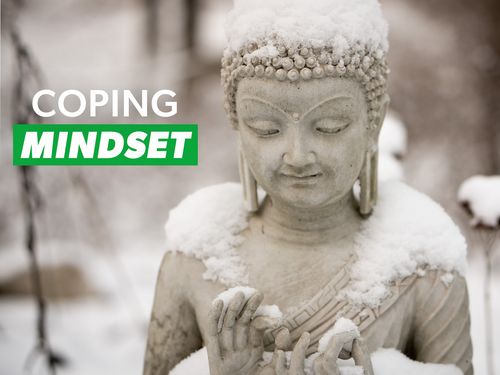Pema Chodron's Buddhist inspired advice for coping with catastrophe
Nov 05, 2020 · 4 mins read
0
Share

Fear, hope and meditation
Pema Chodron is an American Buddhist nun in the Tibetan tradition. She’s written over a dozen books on Buddhism, all with her signature Western sensibilities and appeal to non-Buddhists. When Things Fall Apart offers advice for anyone suffering or distressed.
Save
Share
First and foremost, coping requires an intimate relationship with fear. It is human nature to recoil from things that scare us. The key to undoing fear is to look at the object of your fear squarely and objectively, rather than run from it. Understand it fully. Do not allow fear to determine your actions.
Save
Share
Avoidance of pain and seeking pleasure is what Buddhism calls samsara. It is an endless cycle that brings suffering and hopelessness. Buddha’s first ‘noble truth’ is that suffering is inevitable. You should expect it. It is not indicative of something being wrong, it simply means you are living.
Save
Share
The very moment you are in, is your best teacher. Do not try to escape the present by clouding it with the past or the future. Practice maitri, which is loving, kind self-compassion. Accept whatever you are experiencing as simply a part of the human condition and resist labeling or judging.
Save
Share
The spiritual path is the ability to remain relaxed even in the face of chaos. Relax with ambiguity and uncertainty. Both hope and fear can be crutches to escape our current experience. Rather than hoping for the best or fearing the worst, the middle way is to simply accept what is.
Save
Share
Meditation is not meant to be a temporary vacation or escape from suffering. It is a time to reflect and note the times we are swept up by hope and fear. It is a time to clearly look at ourselves and practice maitri. It’s simply being still, quiet and accepting the present moment.
Save
Share
Thoroughly knowing and accepting who you are naturally leads to ceasing harm. As your self-compassion grows, you eventually cease doing harm to yourself and others.
Save
Share
The 8 Worldly Dharmas are: gain & loss, status & disgrace, praise & blame, and pleasure & pain. Aim for the middle of all of these. Do not seek gain and avoid loss, or seek praise and avoid blame. Recognize that only you can label and judge these things. Decide they are neither good nor bad.
Save
Share
“All anxiety, all dissatisfaction, all reasons for hoping that our situation could be different are all rooted in our fear of death.” This fear is called yama mara. But fear and suffering are inextricable parts of life, so fearing them is to essentially fear life itself. Instead, relinquish control and embrace death.
Save
Share
The three truths of existence are: impermanence, suffering and egolessness. When things fall apart, see it as proof that life is ever changing. Suffering is inevitable, but you still have the opportunity to practice relinquishing your own ego and simply being in your natural state of mind.
Save
Share
0